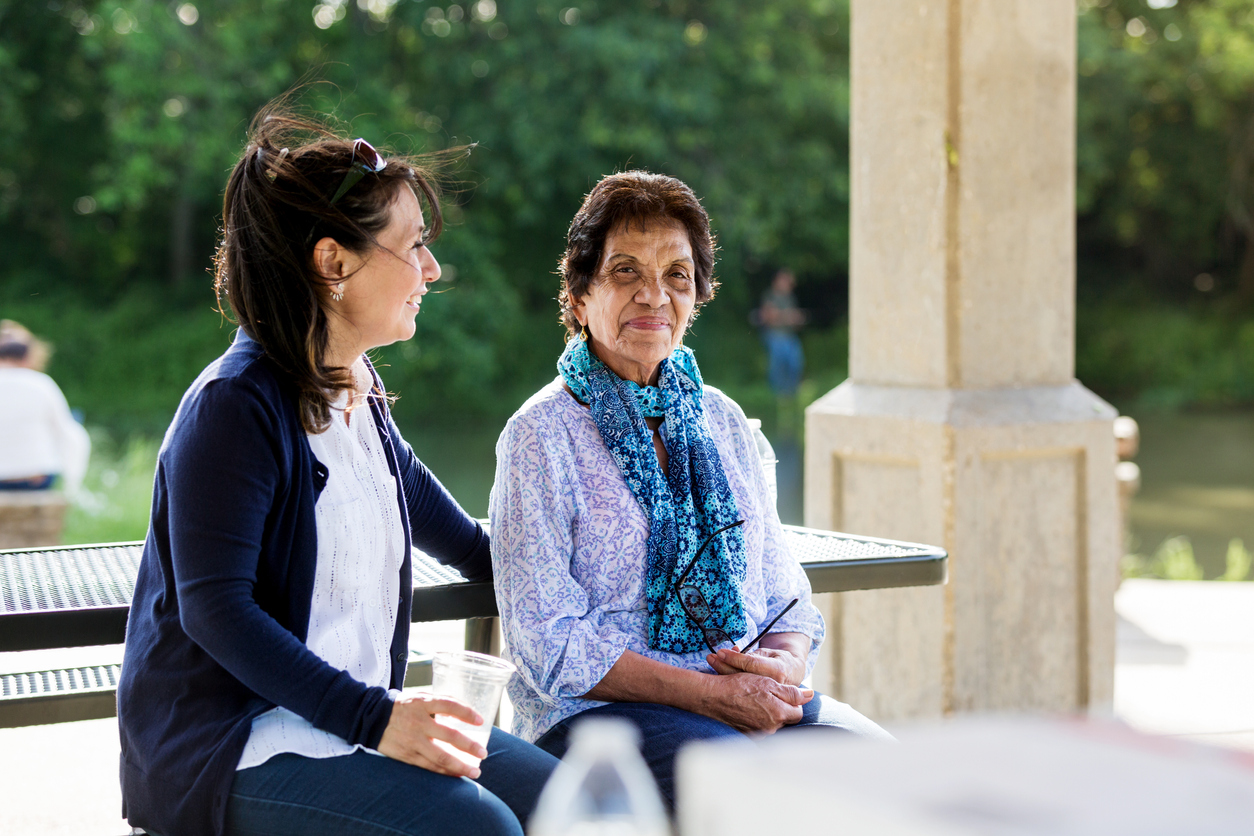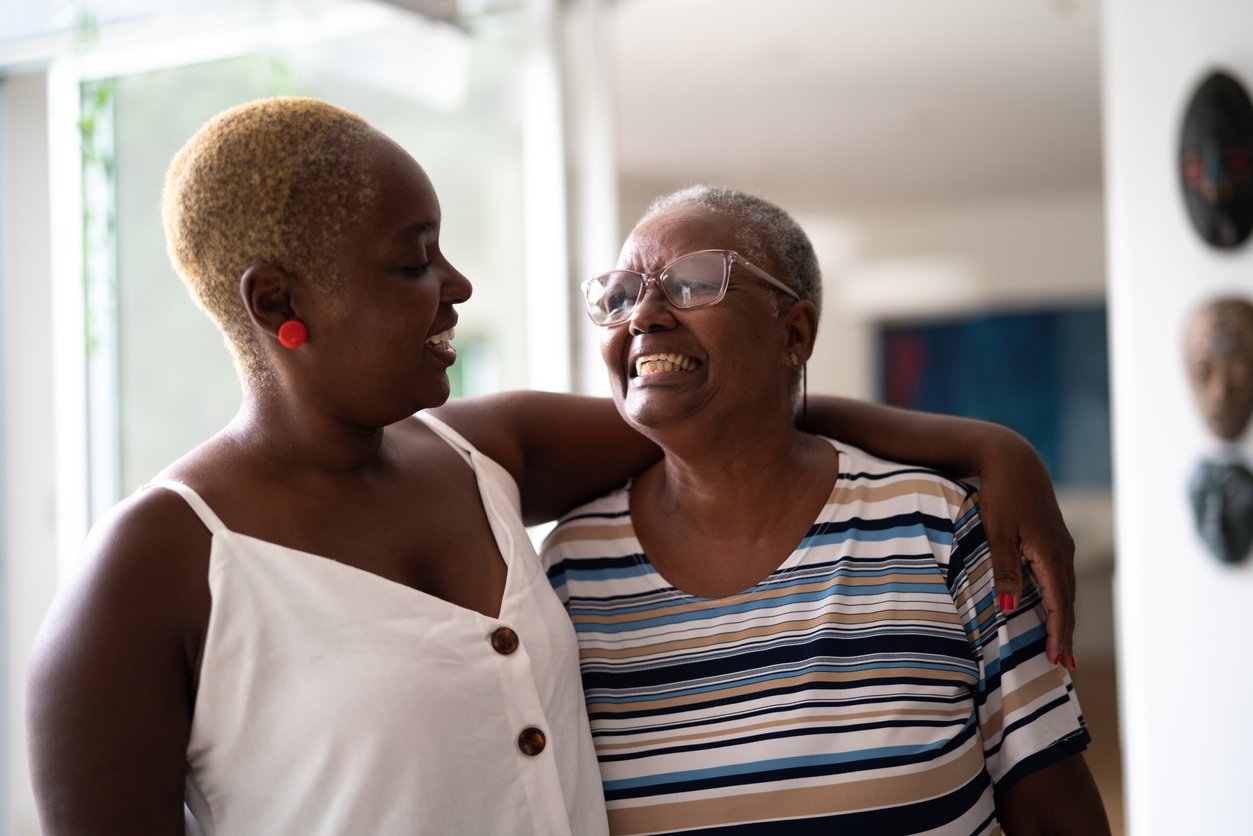Feb 01, 2024
Both older adults and their caregivers are often advised by articles, physicians or family and friends to practice self-care. For many, this self-care is found in a pint of ice cream, a package of cookies or a bag of chips.
Indulging in desserts or snacks can often feel like an effective way to find temporary relief from the stressors and painful emotions sparked by difficult times. Advertisements reinforce the emotional benefits of food, highlighting the power of food to create a sense of belonging, comfort and excitement. But experts on self-care rarely list eating as a recommended activity to deal with stress. In fact, people who use food to suppress or soothe painful feelings are labeled as “emotional eaters.”
The strain of having a debilitating health condition on older adults, and of caregiving on their loved ones, creates risky scenarios for emotional eating on both sides of the equation. When the body experiences stress, studies show it produces a high level of cortisol, which then triggers cravings for salty and sweet foods to produce a quick burst of energy and pleasure. When a day is particularly hard to get through, it can justify feeling the need to treat oneself to extra desserts at night to numb the painful emotions and end the day on a higher note. The problem is that the original emotions remain, and the core issue has only been temporarily dealt with.
Emotional eating is more than just eating as a celebration or reward for a personal or professional accomplishment; it is relying on food as a primary means of coping with uncomfortable emotions. Unlike physical hunger, which develops slowly over time, emotional hunger comes on suddenly, almost like an uncontrollable urge. When a person is physically hungry, they tend to think more carefully about the food they eat and can be satisfied by a well-balanced meal; emotional hunger craves foods that provide an instant rush. And because they are not responding to actual hunger, emotional eaters may binge eat without feeling a need to stop.
If you or your older loved one struggle with emotional eating, consider the following tips to help get it in check:
- Clean out cupboards and fill the shelves with healthy snack alternatives
- Develop emotional awareness: consider what emotions are compelling you or the older adult you care for to eat—stress, anger, boredom, fear, sadness, loneliness—and then devise a plan to address these emotions head-on
- Try meditation: simple deep breathing can be done almost anywhere, and is a more positive form of stress relief
- Seek connection with other people, not with food. As licensed therapist and emotional eating specialist Tracie Strucker states, “emotional eating can’t help you connect in the way you want and need to connect with others or yourself.”
If you feel you or your older loved one need additional assistance or support to manage emotional eating, consider speaking with a licensed counselor or therapist.
For further guidance and referrals, visit:
The Emotional Eating Organization: www.emotionaleating.org or (718) 788-6986
National Eating Disorders Association: www.nationaleatingdisorders.org or (800) 931-2237
By: Lisa Weitzman, LISW-S, Director of Strategic Partnerships at Benjamin Rose Institute on Aging



